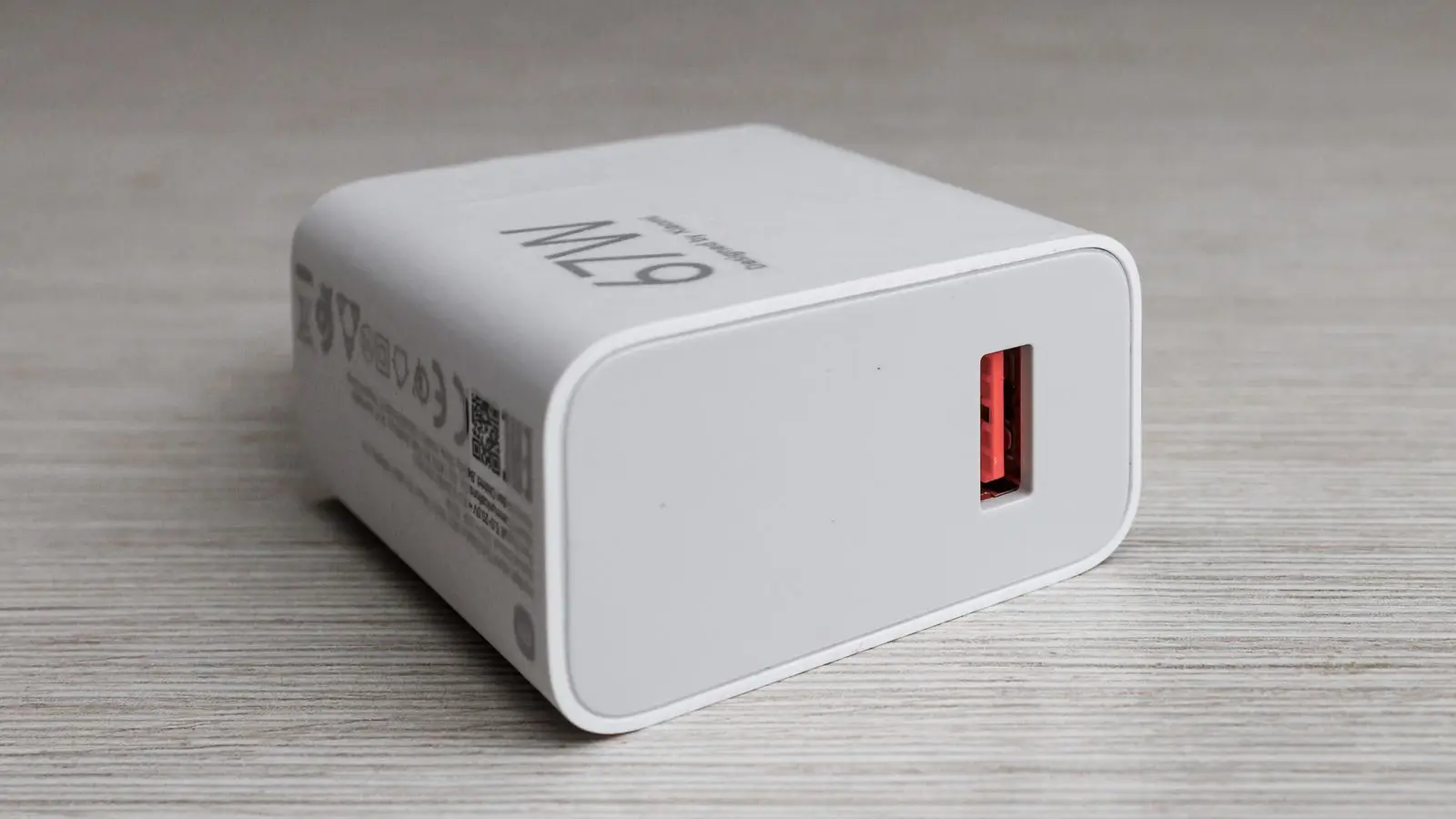https://boda.su/en/posts/id341-unplug-chargers-essential-tips-for-home-electrical-safety
Unplug Chargers: Essential Tips for Home Electrical Safety
Unplug Chargers for Better Electrical Safety at Home
Unplug Chargers: Essential Tips for Home Electrical Safety
Unplugging chargers boosts electrical safety at home: cut fire risk, protect electronics from surges, and keep children and pets safe with a few simple steps.
2025-09-15T14:41:01+03:00
2025-09-15T14:41:01+03:00
2025-09-15T14:41:01+03:00
In the rush of everyday life, it’s easy to ignore the little things—like leaving chargers and other appliances plugged in «just in case». It feels convenient: plug in a phone whenever you pass by. But that small habit carries real risks. Here’s why pulling the plug matters—and how to do it right.
Why Unplugging Matters
Fire prevention.
Any device connected to the mains can become a fire hazard. Short circuits and overheating are possible, especially with low-quality or worn equipment. Thunderstorms raise the stakes: a lightning strike can not only kill a charger but also trigger a fire.
Protecting your devices.
A charger left in the socket sits through constant voltage fluctuations. Over time, that speeds up wear and can even soften or melt plastic. The result is a shorter service life—and higher risks at home.
Safeguarding children and pets.
Homes with small children and animals face extra dangers. Curious kids may poke at outlets or chargers and end up exposed to electric shock. Pets can chew cables, putting themselves and the household at risk.
Simple Safety Steps
Unplug chargers after use. You reduce fire risk and extend the life of your gear.
Use outlet covers if there are young children at home to prevent accidents.
Inspect wiring and devices regularly. Don’t use anything with damaged cables or cracked housings.
Install surge protection, especially in areas with frequent storms, to help shield your home and electronics.
A safer home protects the whole family. A bit of attention and foresight prevents problems before they start—and it’s always better to avoid danger than face it.
Unplug Chargers, Electrical Safety, Fire Prevention, Surge Protection, Device Protection, Child Safety, Pet Safety, Home Safety, Voltage Fluctuations
2025
articles
Unplug Chargers for Better Electrical Safety at Home
Unplugging chargers boosts electrical safety at home: cut fire risk, protect electronics from surges, and keep children and pets safe with a few simple steps.
© A. Krivonosov
In the rush of everyday life, it’s easy to ignore the little things—like leaving chargers and other appliances plugged in «just in case». It feels convenient: plug in a phone whenever you pass by. But that small habit carries real risks. Here’s why pulling the plug matters—and how to do it right.
Why Unplugging Matters
Fire prevention.
Any device connected to the mains can become a fire hazard. Short circuits and overheating are possible, especially with low-quality or worn equipment. Thunderstorms raise the stakes: a lightning strike can not only kill a charger but also trigger a fire.
Protecting your devices.
A charger left in the socket sits through constant voltage fluctuations. Over time, that speeds up wear and can even soften or melt plastic. The result is a shorter service life—and higher risks at home.
Safeguarding children and pets.
Homes with small children and animals face extra dangers. Curious kids may poke at outlets or chargers and end up exposed to electric shock. Pets can chew cables, putting themselves and the household at risk.
Simple Safety Steps
- Unplug chargers after use. You reduce fire risk and extend the life of your gear.
- Use outlet covers if there are young children at home to prevent accidents.
- Inspect wiring and devices regularly. Don’t use anything with damaged cables or cracked housings.
- Install surge protection, especially in areas with frequent storms, to help shield your home and electronics.
A safer home protects the whole family. A bit of attention and foresight prevents problems before they start—and it’s always better to avoid danger than face it.

